Iran nuclear talks to be extended until July
Updated: 2014-11-24 22:01
(Agencies)
|
||||||||
VIENNA - Nuclear negotiators have failed to meet a Monday deadline for a deal that would ease international concerns about Iran's atomic program and are poised to extend the negotiations for a comprehensive agreement until July 2015, diplomats said.
Under the terms of limited agreements reached after a frenetic six days of talks in Vienna, a political accord is to be completed by March 1, with final details contained in annexes to be sealed by July 1, the diplomats said.
Iran, the five permanent members of the U.N. Security Council and Germany had set a deadline of midnight Monday to come to a final agreement on a mechanism whereby Iran's pathways to develop a nuclear weapon would be closed in return for relief from international sanctions.
Instead, British Foreign Secretary Philip Hammond said it "was not possible to meet the deadline" due to wide gaps on well-known points of contention, including levels of uranium enrichment and the number of centrifuges Iran would be allowed to operate.
He stressed that while July 1 was the new deadline for a comprehensive deal, the expectation was that broad agreement would be in place by March 1.
In the interim, expert level talks will resume in December at an as yet undetermined venue and Iran will receive about $700 million per month in frozen assets, Hammond said.
Monday's result matched earlier word that negotiations had turned two-track, with the sides still racing to reduce differences at the negotiating table but also working on how long to extend the talks.
US Secretary of State John Kerry and Iranian Foreign Minister Mohammad Javad Zarif agreed Sunday to start discussion on the extension as it became clear that it would be hard to bridge the differences between them in the time before the deadline.
Chinese Foreign Minister Wang Yi said Monday negotiators were still having "consultations" on a final agreement that meets both US demands for strict curbs on Tehran's nuclear program and Iran's push for sanctions relief, also suggesting that moves toward an immediate deal had not yet been abandoned.
International negotiators are worried that Iran is using its nuclear development program as a cover for developing nuclear weapons, and they have imposed economic sanctions on Tehran. Iran denies that, saying it is only interested in producing power.
Wang arrived Monday, joining the foreign ministers of the other countries negotiating with Iran _ the US, Russia, Britain, France and Germany, in a top-level diplomatic effort to push the talks forward.
Margaret Childs contributed to this report.

 Sports moments of the week: Nov 17-23
Sports moments of the week: Nov 17-23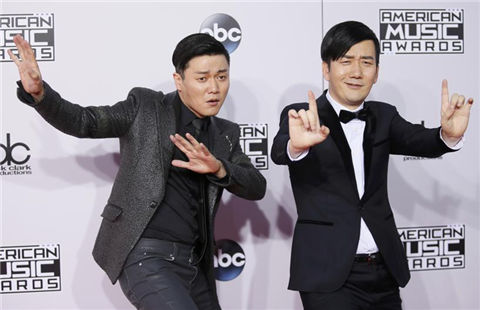
 42nd American Music Awards held in Los Angeles
42nd American Music Awards held in Los Angeles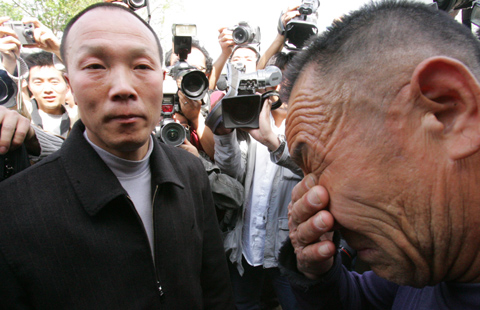
 A retrospection of righted wrongs
A retrospection of righted wrongs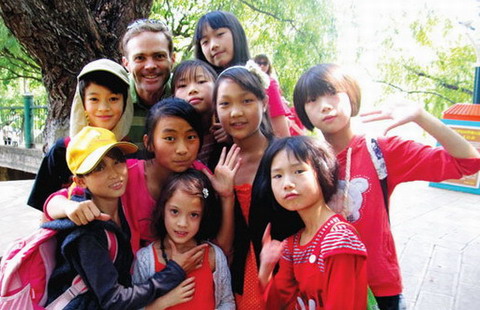
 Top 10 kinds of foreigners in China
Top 10 kinds of foreigners in China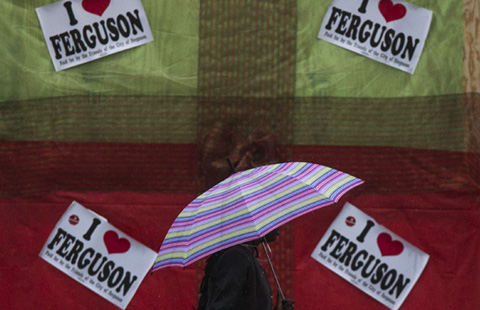
 Anxious Ferguson waits for grand jury's decision
Anxious Ferguson waits for grand jury's decision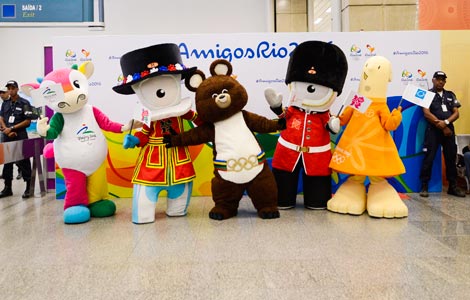
 Mascots from Olympic, Paralympic games arrive in Rio
Mascots from Olympic, Paralympic games arrive in Rio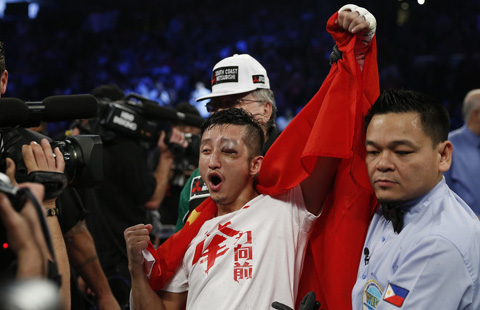
 China's boxer Zou Shiming defeats unbeaten Thai
China's boxer Zou Shiming defeats unbeaten Thai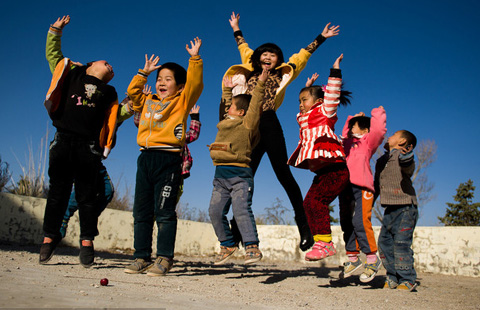
 Mountains echo to the sound of music
Mountains echo to the sound of music
Most Viewed
Editor's Picks

|

|

|
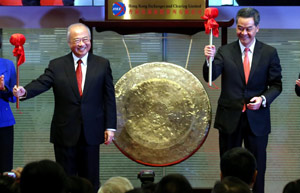
|

|

|
Today's Top News
US aids in return of economic fugitives
80% of China's rich aspire to overseas education
International luxury hotels expand in China
Disney, SMG expand partnership
LA mayor visits Beijing
Subway-push victim mourned in Chinatown
China, Pacific island nations boost ties
Media reveals aircraft carrier base spying case
US Weekly

|

|







